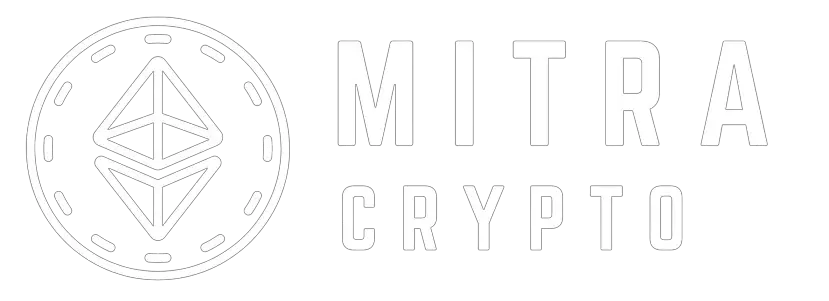Elon Musk leads $97B bid for OpenAI’s non-profit arm after Altman’s rejection
Elon Musk has made headlines once again with his ambitious $97 billion bid to acquire OpenAI’s nonprofit division. This move comes amid growing tensions between Musk and OpenAI CEO Sam Altman, who has firmly rejected the offer, stating that OpenAI is not for sale. The bid has sparked a heated debate about the future direction of the AI industry and the ethical implications of profit-driven AI development.

Musk vs. Altman: A Longstanding Rivalry
Musk, who co-founded OpenAI alongside Altman in 2015 as a nonprofit organization, left before the company rose to prominence. Since then, OpenAI has transitioned towards a for-profit model to attract the necessary capital for developing cutting-edge AI technologies. Musk, now leading his own AI startup, xAI, has openly criticized this shift, arguing that OpenAI has strayed from its original mission of ensuring AI benefits humanity.
On Monday, after Musk’s bid was revealed, Altman took to X (formerly Twitter) to sarcastically respond, saying, “No thank you, but we will buy Twitter for $9.74 billion if you want.” This response underscores the deep divide between the two tech leaders.
Musk’s Vision and Legal Challenges
Musk has long advocated for AI development focused on transparency and public welfare. His lawsuit against OpenAI and Altman, filed last year, accuses them of prioritizing profit over their initial nonprofit commitment. He has called for OpenAI to return to an open-source, safety-first approach, stating, “It’s time for OpenAI to return to the open-source, safety-focused force for good it once was. We will make sure that happens.”
Despite his efforts, OpenAI’s board remains uninterested in his bid, reaffirming their commitment to their current business trajectory.
Funding and Feasibility of Musk’s Offer
Musk’s bid is backed by a consortium that includes xAI, Baron Capital Group, Emanuel Capital, and other investors. Reports suggest that xAI could merge with OpenAI if the deal goes through. However, OpenAI’s last funding round valued the company at $157 billion, and SoftBank is reportedly in talks to lead a $40 billion funding round at a staggering $300 billion valuation.
Given these figures, Musk’s offer faces significant financial and regulatory hurdles. While his Tesla stock is valued at approximately $165 billion, his financial leverage remains tight after his $44 billion acquisition of X (formerly Twitter). To finance the bid, Musk might need to sell Tesla shares, secure loans, or use his stake in SpaceX as collateral.
The Impact on OpenAI’s Future
Musk’s bid has added complexity to OpenAI’s fundraising and its transition into a for-profit entity. Analysts suggest that OpenAI’s board now faces a fiduciary responsibility to evaluate Musk’s offer alongside SoftBank’s bid. The question remains: will OpenAI consider Musk’s proposal, or will it continue on its current trajectory?
Regardless of the outcome, this high-stakes battle between Musk and Altman will have lasting implications for the future of AI, raising fundamental questions about governance, ethics, and the role of private investment in artificial intelligence.












